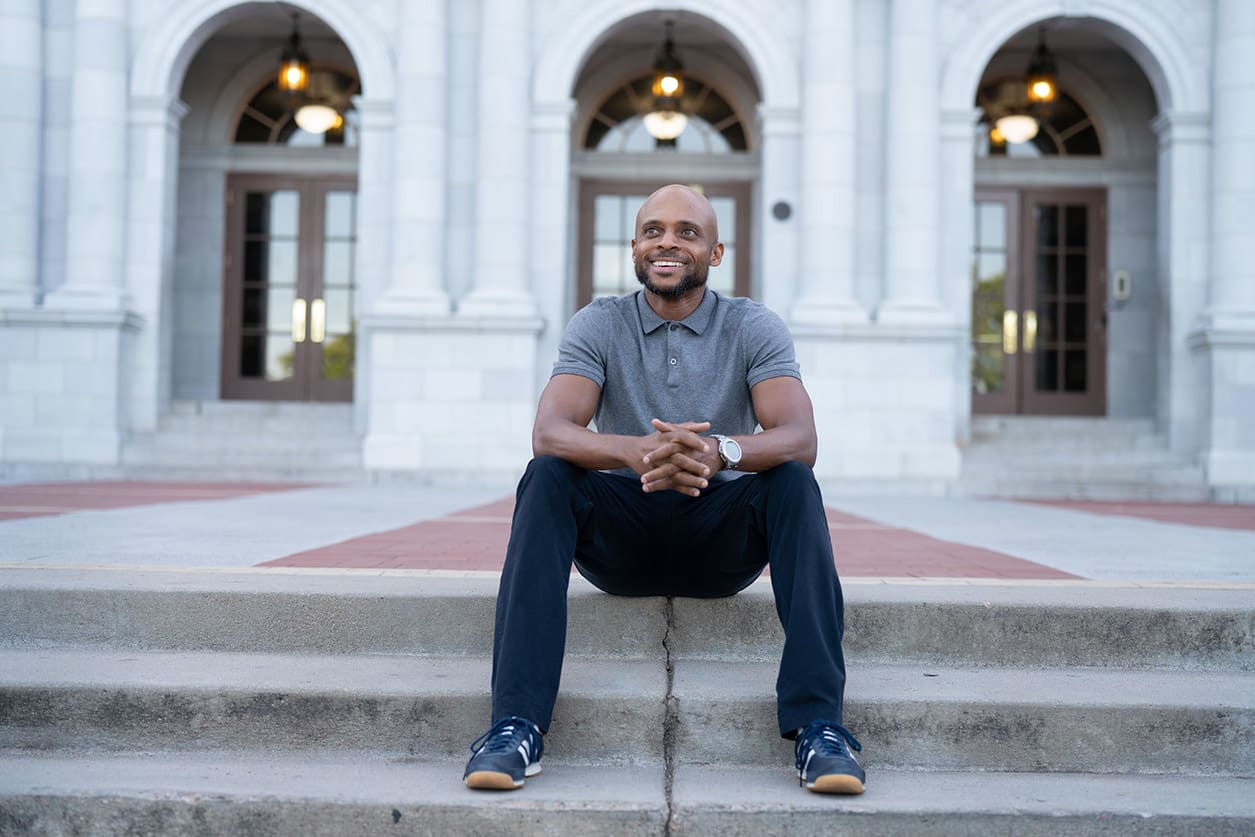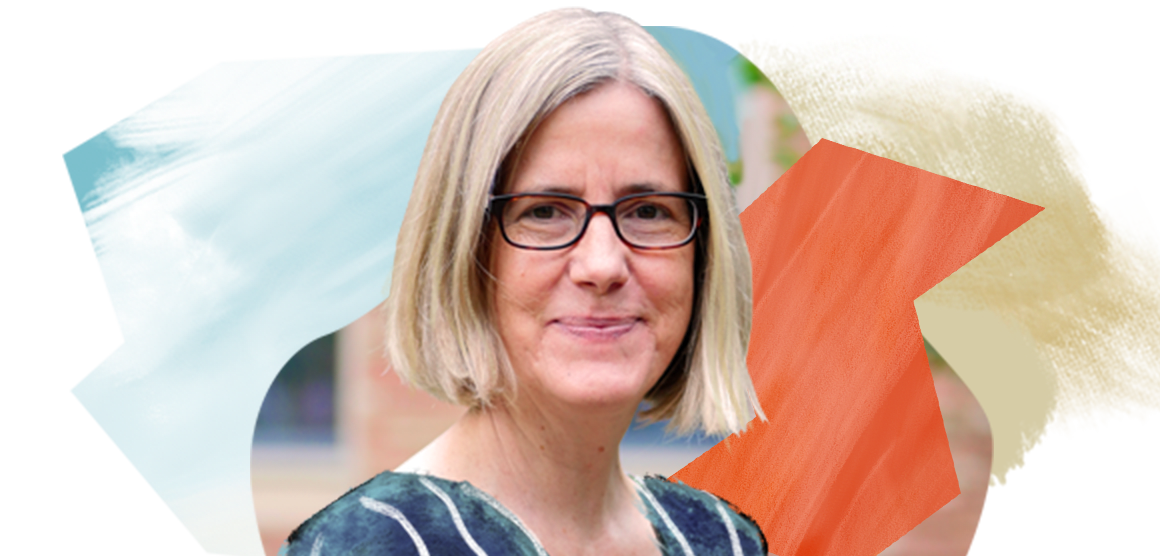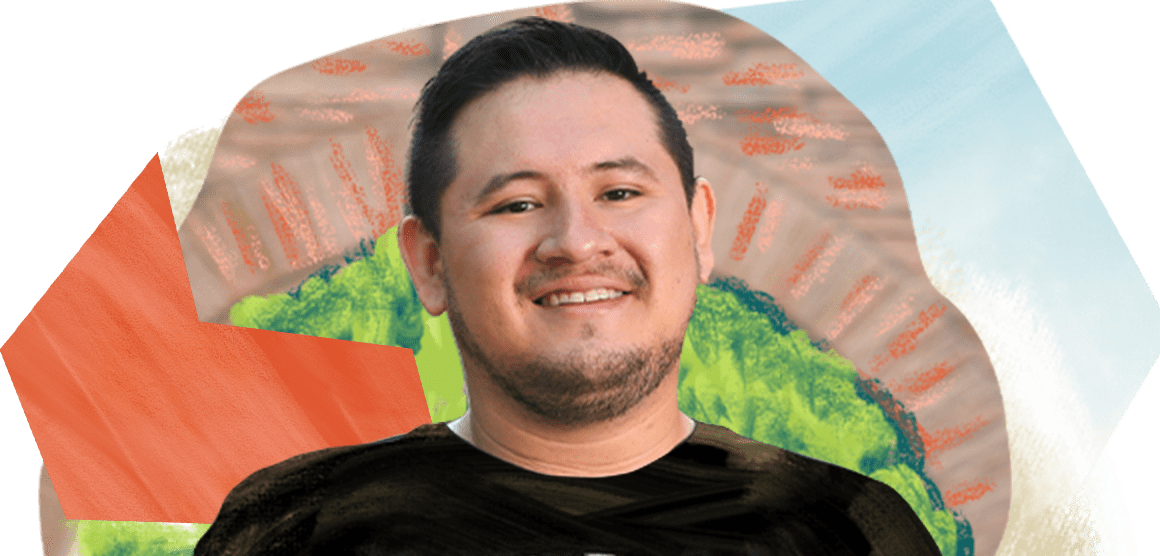It was 1996, and Antwan Jefferson was an undergraduate studying biology at Morehouse College, a historically black college in Atlanta that touts Martin Luther King Jr., Spike Lee and Herman Cain among its alumni. Jefferson planned to be a neurosurgeon.
Though he volunteered at a local high school and a teen center, Jefferson never considered education as a career until a student told him that he would be a good teacher.
Today, Jefferson is an assistant professor studying education equity in the School of Education and Human Development at CU Denver. Last year, he was chosen as part of the inaugural cohort for the TIAA Chancellor's Urban Engaged Scholars program, which elevates the outstanding contributions of CU Denver faculty to the Denver metro area through their research and creative activities.

Antwan Jefferson
Each CU Denver scholar's research addresses current urban issues while emphasizing community partnerships, local impact and student involvement — research and discovery supported by TIAA’s philanthropic partnership with the university. As an Urban Engaged Scholar, Jefferson says he hopes to bring more light to the importance of equity in the classroom.
“This has been a positive opportunity to think together with education leaders around the city in order to identify some of the challenges facing preK-12 education.”
He saw these disparities in education firsthand. He taught at Montbello High School, a Denver-area school that struggled academically and ultimately closed.
“I had the opportunity to work alongside some of those fascinating and creative children who were in the school where the reputation of the school preceded their personal experiences. The school at the time was predominantly Black and Latino and in a working-class community, and I wanted to understand it better.”
In his research, he saw that urban families, especially families of color, immigrant families and families from limited economic backgrounds, cared about factors beyond the school’s performance on standardized tests. They wanted to know how many teachers of color were employed at the school, the length of tenure of teachers and the school’s approach to disciplinary measures.
“The values that families hold onto to guide their decisions about what they believe education should be about for their own children are not aligned or represented by the information that the school district makes available to them. It's not giving families what they need or ask for. It’s giving them instead what they should be satisfied with, which means that families’ voices are not driving the district in terms of measuring school quality. That's inequitable.”
Jefferson is partnering with local schools in the Denver metro area to help identify ways to improve the educational experience for Denver’s youth and their families. That’s one of the benefits of the Urban Engaged Scholars program, Jefferson says: living and working in the same community he studies so he knows his work is making a difference.
“I value the experiences and wisdom of people who actually have something to lose if the systems they participate in don't work. Donor support to CU helps the university serve a greater public good: it’s about ensuring that children from all backgrounds have fair and just opportunities to secure their own futures and shape the future of society.”



